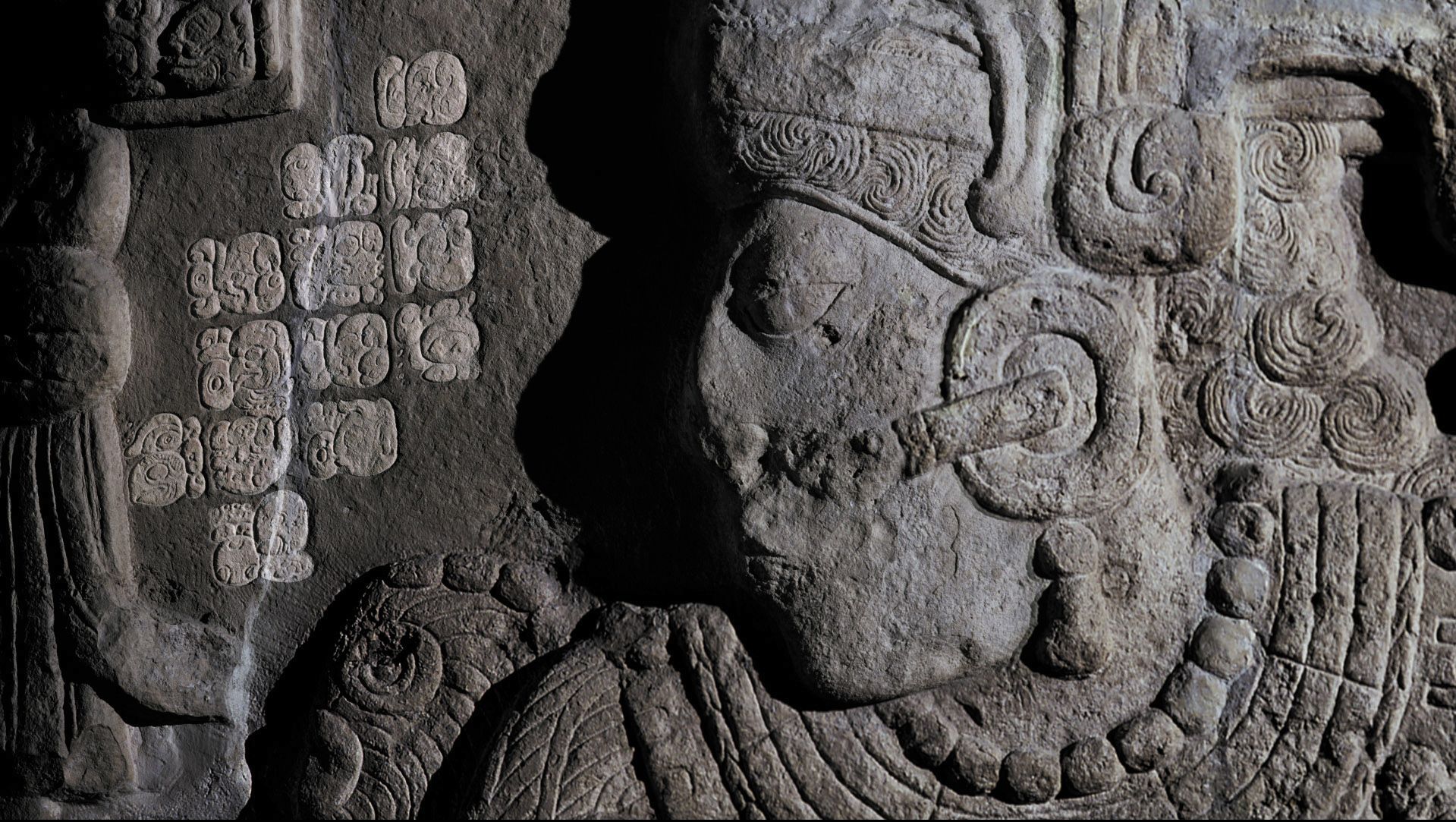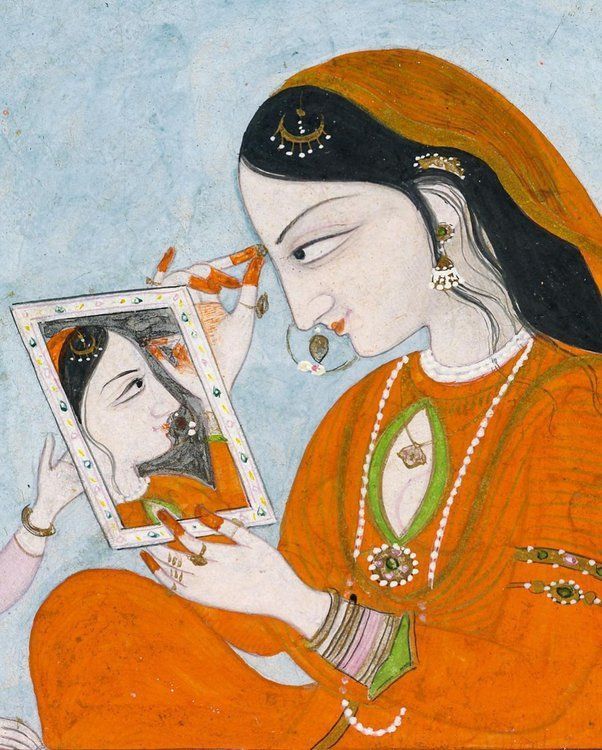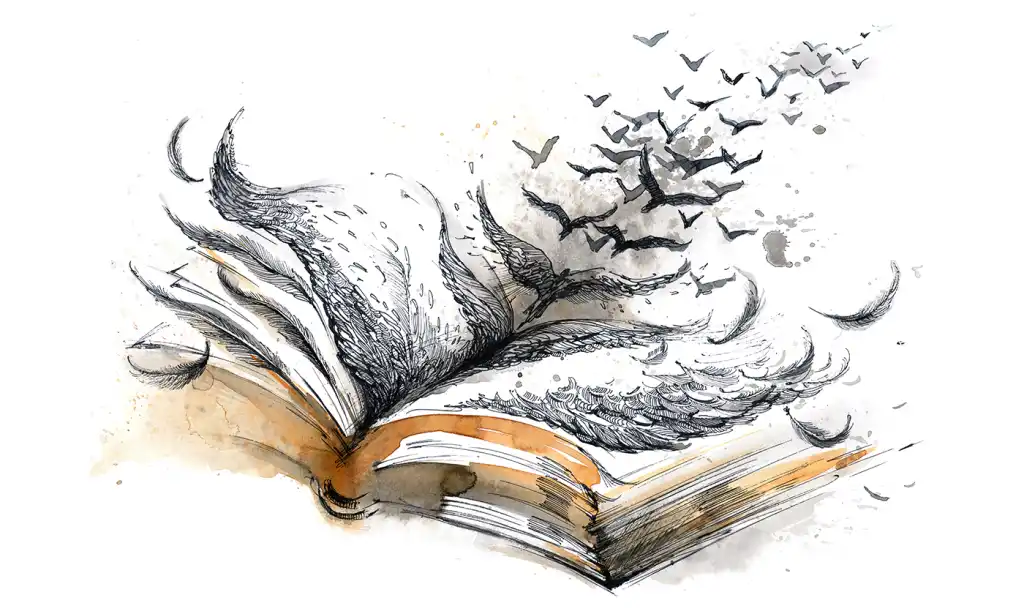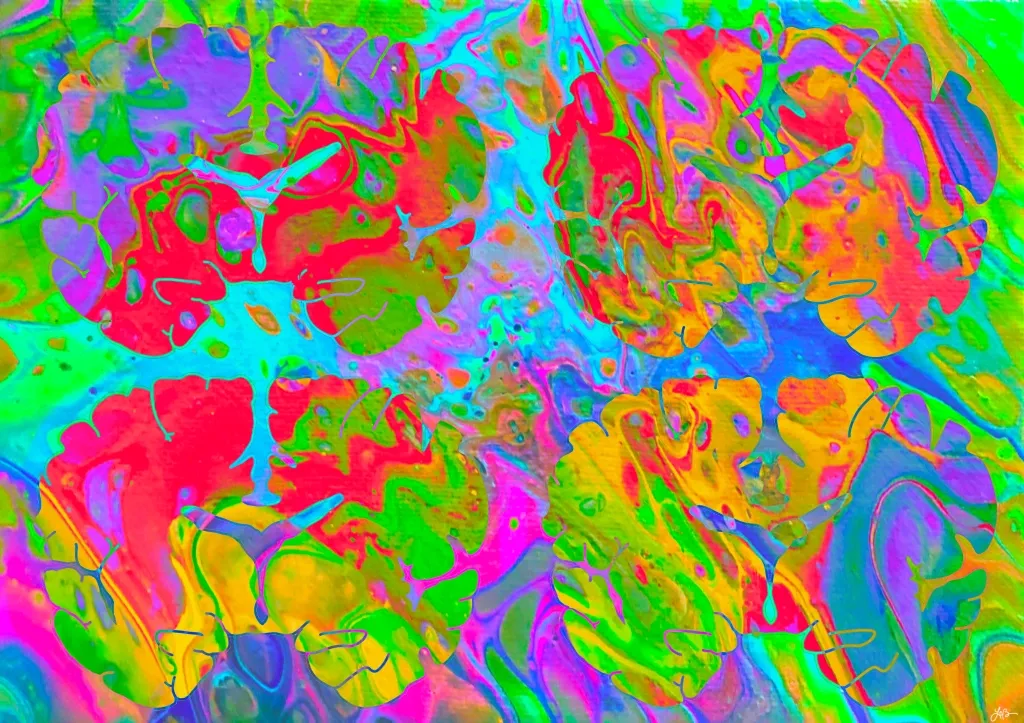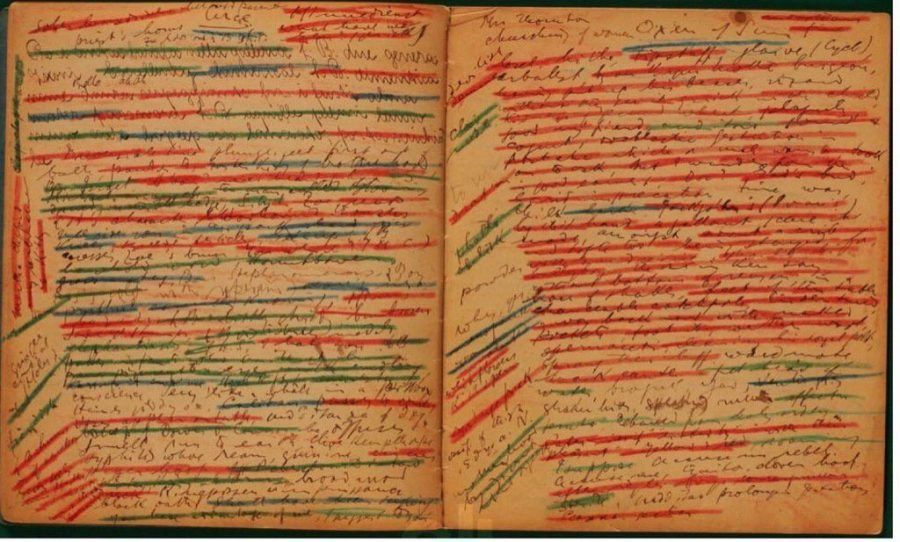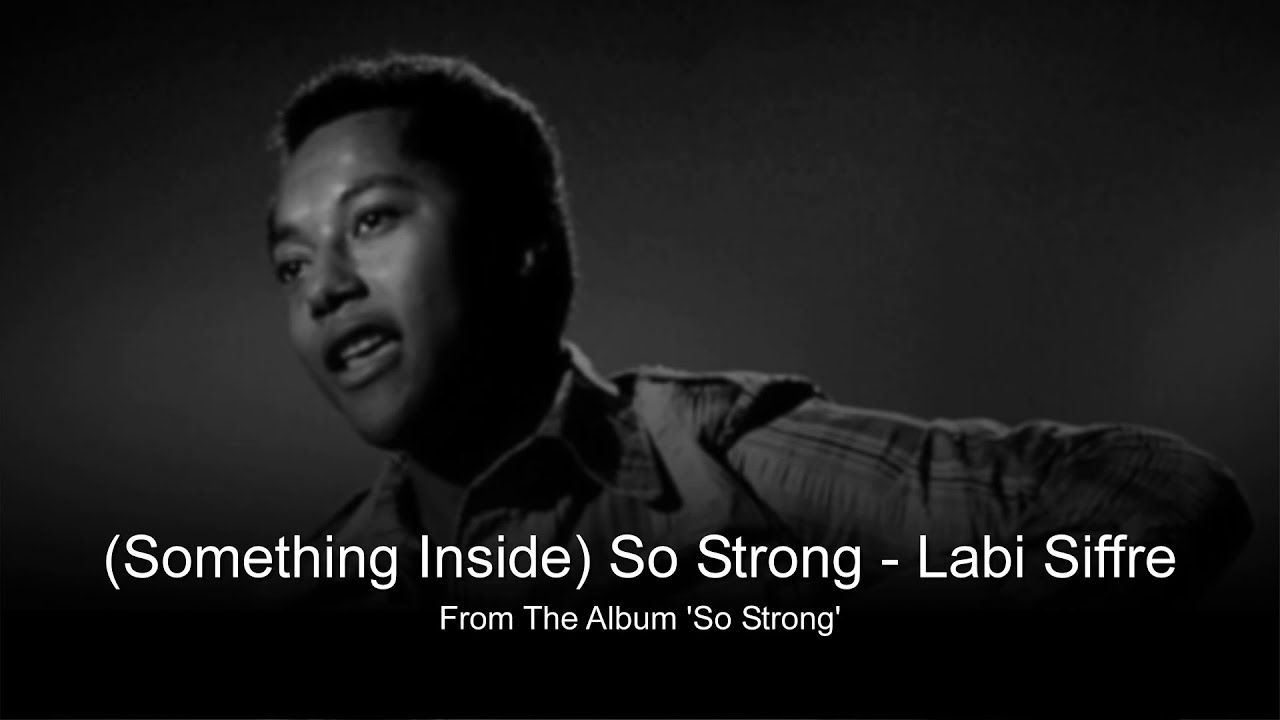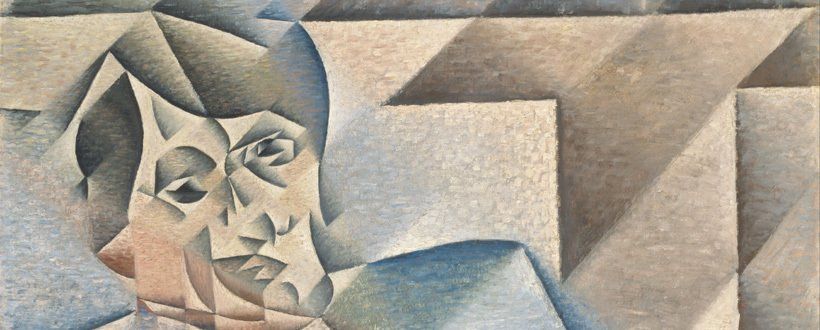ToK Essay Titles May 2020 Prompts 2 & 4: Part 2
TokTutor • 29 October 2019
The ‘negative way’ of describing the divine: Part 2
So far, we’ve explored the idea of describing something in negative terms in a very abstract way. What does kataphatic and apophatic description look like? Two good examples
are the sixteenth century Spiritual Exercises
of St. Ignatius Loyola and the mystical work of an unknown author of the fourteenth century who wrote The Cloud of Unknowing.
The ‘apophatic’ tradition of mysticism in the Christian context has its parallels in eastern mysticism
too. Lao-Tse opens the mystical poem, Tao Teh Ching, ‘the Tao that can be spoken is not the Tao’, suggesting that the Tao, the way of all being, is beyond the human ability to describe things. Similarly, in the Buddhist scriptures, Buddha describes nirvana, the goal of Enlightenment, in terms of what it is not: not only is nirvana
beyond ordinary human existence, it is also something which cannot be described or explained in terms of images or concepts we commonly use to share human experiences. Finally, in Hindu scriptures, like the Upanishads, the ultimate reality of Brahman
which the knower seeks is also beyond human description and comprehension. Brahman
is hidden behind the forms of nature and the names we give to it and only reveals itself to those who practise the strictest discipline in the rituals of prayer and contemplation required to find union with it.
Let’s end by returning to the distinction between kataphatic and apophatic descriptions of the Divine. Remember that they are two parts of a whole process and that we only have our limited human language to help us make sense of God. Thus, in terms of the affirmative, positive theology, every word we use to describe some quality of the human world of experience can be used analogously to describe God: ‘good’, ‘whole’, ‘light’ and ‘truth’. However, in the very saying of these descriptions, the seeker of God realises that God transcends all such descriptions. In terms of the of negative theology, unsaying through use of words such as ‘darkness’, ‘void’, ‘emptiness’ and ‘nothingness’ acknowledges that God is wholly Other to anything the human mind can contain, something unimaginable.
The words become signposts to the state of unknowing in which the Divine fleetingly reveals itself, as T.S. Eliot poetically wrote towards the end of Little Gidding: ‘Not known, because not looked for/But heard, half-heard, in the stillness/Between two waves of the sea.’ Sometimes the experiences is more muted, as Ludwig Wittgenstein seemed to imply poignantly about reaching the limits of language in his Tractatus: ‘Whereof one cannot speak, thereof one must be silent.’







